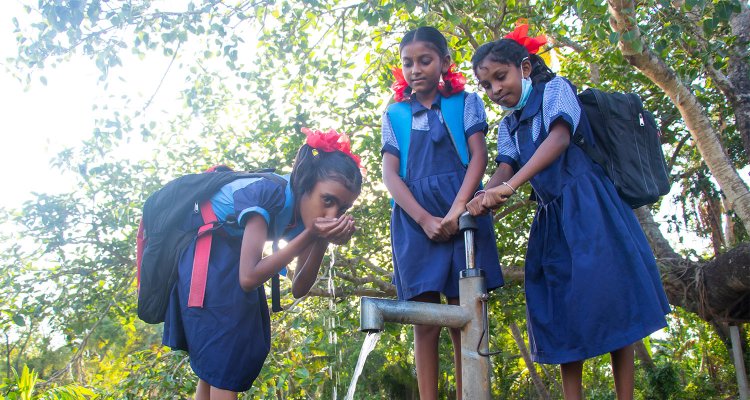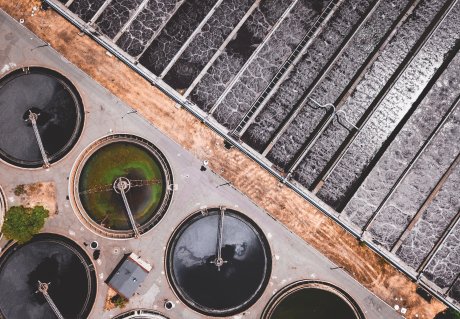
Project
AquaConnect – Fresh water provision governance
AquaConnect addresses the societal impacts of water scarcity through enhancing regional resilience and innovative technologies. The project seeks to bridge gaps in water management, policy challenges, and integration by collaborating with stakeholders. AquaConnect aims to unify assessment frameworks, connect debates, and explore institutional changes and barriers in water governance. By combining diverse fields, the project strives to contribute novel insights and solutions for global water challenges.
Background
Water shortages can cause major societal disruption. To enhance socio-hydrological resilience, it is imperative that regions start preparing for situations in which freshwater is insufficiently available to serve critical segments of society for certain periods of time. Without greater resilience to ever more extreme climatic and hydrological events, increasing societal and economic risks and damages loom. A step change is needed in the way freshwater is managed and conserved, including innovative solutions that enhance regional resilience, can be scaled up, and exported to other parts of the world. The development and testing of innovative technologies in the project AquaConnect is aimed to contribute to this agenda, and will be implemented in direct collaboration with stakeholders and end users.
Description
Within Aquaconnect, the Public Administration and Policy group is involved in the ‘Fresh water provision governance’ work package. The central question in this work package is: “which socio-economic, political, legal and policy challenges could arise when it comes to the development and implementation of novel water management technologies aimed at enhancing regional socio-hydrological resilience, why do such challenges arise, how can these be influenced or navigated, and which conditions need to be created for local innovations to be scaled up?”
To date, little existing academic work has looked into the issue of circular water management, and none of the existing research has paid much attention to legal and economic considerations underlying the required transitions. There is an important knowledge gap in existing assessment procedures that are typically compartmentalized and conducted in isolation instead of in an integrated manner bringing all the relevant aspects together into a unifying framework. Separate procedures exist for (strategic) environmental, economic and social impact assessments. None of these are linked to more qualitative policy, legal and political science assessment approaches.
Thus, scientifically, the challenge is to connect multiple ongoing debates about integrated assessment. In this work package we will build on suggestions made to achieve more integration. We will also connect to ongoing work on transitions in water management and institutional change which investigates the conditions under which certain innovations can be realised politically, and has pointed out the important role that pilots and experiments play in attaining larger scale changes. We also connect to ongoing work on barriers and lock-ins in water governance regimes which seeks to understand the complex interactions between changes in technological systems, institutional arrangements and behavioural practices in the water sector. For each of these fields, our project will draw on leading contributions, and offers an opportunity to make novel contributions to outstanding debates.

